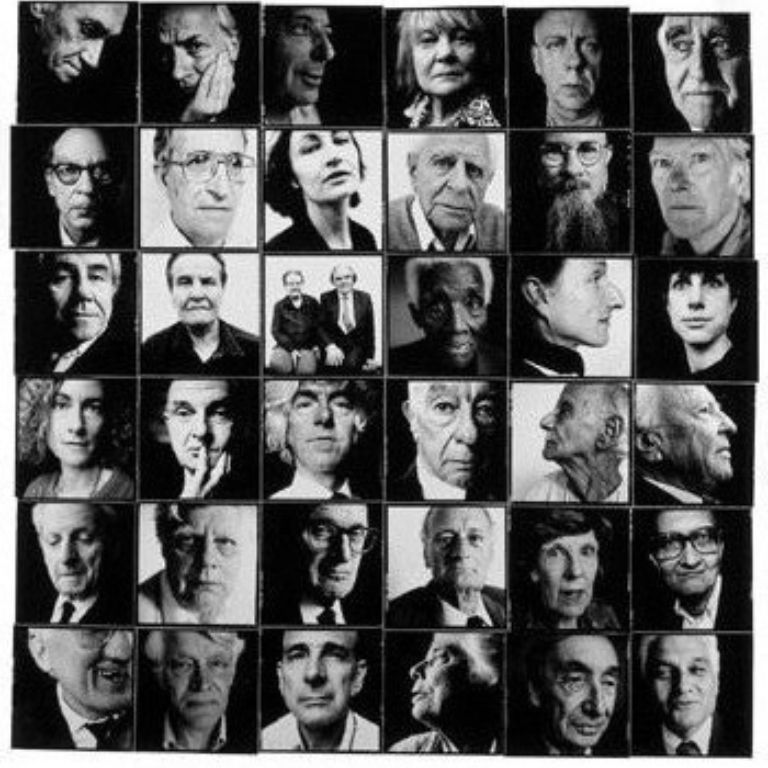
Philosophy
Welcome
Hunter's Philosophy Department introduces students to the main problems that philosophers study, and to the main ideas of profound and influential thinkers as Socrates, Plato, Aristotle, Augustine, Aquinas, Descartes, Hume and Kant.
Learn About the Department“Education is the kindling of a flame, not the filling of a vessel.”
Socrates





